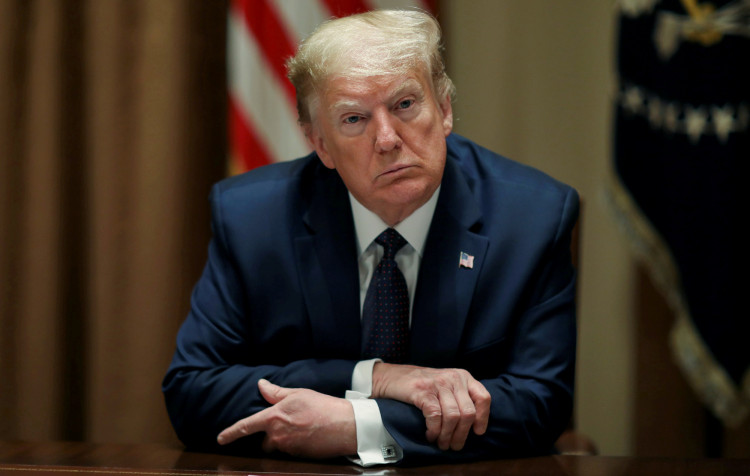Anti-malaria drugs chloroquine and hydroxychloroquine will make not make patients infected by COVID-19 feel any better, this based on the recent findings published by the peer-reviewed journal The Lancet. Researchers that took part in the study concluded that the drugs, also used to treat autoimmune conditions, is not the promised answer that will control the coronavirus pandemic.
The study, released on May 22, analyzed the result of an experiment that involved an estimated 96,000 patients from around the world, all labeled as COVID-19 cases. During the research observation, around 15,000 patients were administered hydroxychloroquine or chloroquine, and the treatment paired with an antibiotic called macrolides.
The remaining 81,000 patients were not given the drugs as a point of comparison.
The general result was disheartening, The Verge reported. It turned out that the treatment resulted in a higher mortality rate for patients in the program. One of the dangers identified was the possibility of developing ventricular arrhythmia, and for most of the patients observed, the added complications could lead to eventual demise.
The research also made an effort factor in other variables like preexisting health conditions, smoking habits, and age considerations. Still, the finding pointed to the same conclusion - that both or any of chloroquine and hydroxychloroquine will be the cure for COVID-19.
However, while these medications were not supported by science-backed as helpful at all in the fight against the killer virus, the same study emphasized that classifying chloroquine and hydroxychloroquine as dangerous would be premature.
In order to get more conclusive answers to all the questions surrounding the controversial drugs, researchers have recommended that it is urgent to carry out further clinical tests that should deliver more convincing data.
According to David Maron, who The Washington Post identified as chief cardiologist at the Stanford University School of Medicine, the study result should end the debate if any of chloroquine and hydroxychloroquine will be the magic bullet to stop the coronavirus on its track.
Maron said: "These findings provide absolutely no reason for optimism that these drugs might be useful in the prevention or treatment of COVID-19."
In support of the statement, Eric Topol, another head cardiologist at the Scripps Research Translational Institute, said any hope that the drugs will someday be used to treat patients afflicted by the virus is effectively dead.
Chloroquine and hydroxychloroquine gained prominence when President Donald Trump claimed the drugs can be used to treat or prevent COVID-19 infection. The president also admitted last week that he was taking hydroxychloroquine daily, an action that ran in counter with the position made by the FDA that the drug can mostly be used only in clinical tests.
Trump, however, found prominent allies on his promotion of hydroxychloroquine on Tesla CEO Elon Musk and conservative cable network Fox News. Their conviction, however, that the drug works for coronavirus cases is still not backed by science.






